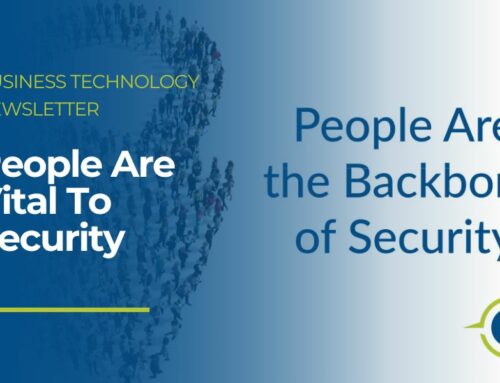The Psychology of Scams
Social Engineers, Scammers, Attackers. All people that are out to trick you and steal your information. But what is the psychology behind how scammers deceive people? Let’s explore Dr. Robert Cialdini’s six principles of influence that leverage human instinct.
-
Reciprocation: the desire to repay people.
-
Commitment: the work we put in to justify the choices we make.
-
Social Proof: the confirmation we seek from others that a decision was correct.
-
Liking: our tendency to agree with people we like and vice versa.
-
Authority: the increased likelihood of saying “yes” to anyone who we believe is an authority figure.
-
Scarcity: our desire to acquire something that has limited availability.
Each one helps explain the science behind how people successfully influence others and why some people fall for scams. In fact, we can easily find evidence of these six principles in social engineering, which is the art of manipulating and deceiving someone for evil purposes. Phishing attacks often create a sense of urgency. They might claim that an account has been hacked and that you need to log in immediately to update the password. The scammer in this case is leveraging the fictitious scarcity of time.
The key takeaway from these six principles is that social engineers don’t hack computers; they hack people through psychological manipulation. And by gaining an understanding of why scams work, we’re better positioned to recognize when someone is trying to con us. If you feel even a small degree of skepticism, don’t take any action. Instead, report the incident immediately to your trusted IT professional.







